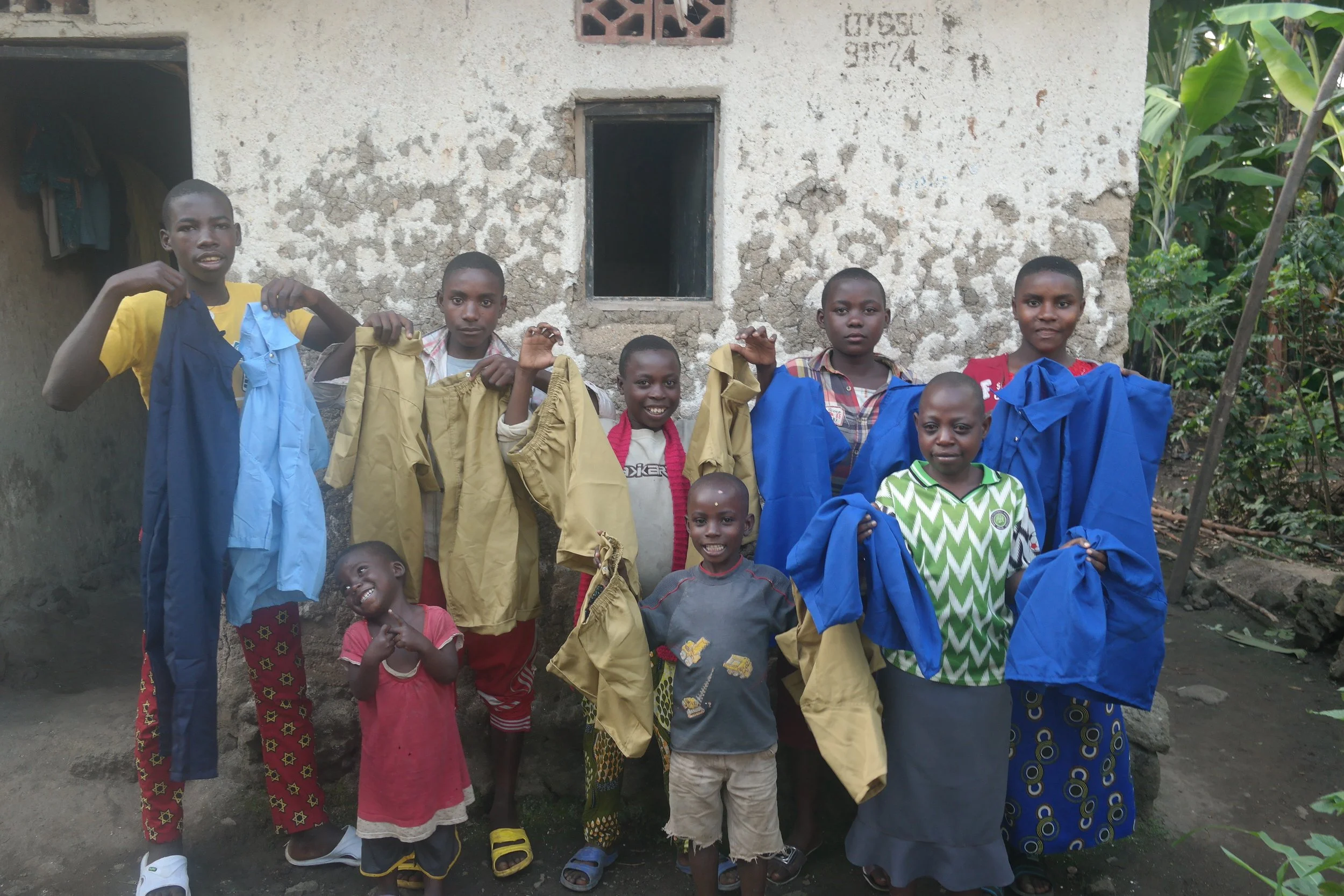Educational Access and Support
The Education Support Program begins by ensuring that every child, regardless of background or circumstance, has the opportunity to attend school and learn with dignity. We provide school fees, uniforms, and essential learning materials to children from low-income families, children of young mothers, and those with disabilities who might otherwise be left out of the education system. Working hand in hand with schools and local leaders, we identify vulnerable learners, support re-enrollment for those who dropped out, and promote inclusive classrooms where every child feels valued.
Mentorship and Personal Development
Beyond material support, we believe that every child needs guidance, encouragement, and emotional stability to succeed. Through our mentorship and personal development component, each beneficiary is paired with a trained mentor who provides academic coaching, psychosocial support, and career inspiration. We also organize regular life skills and leadership workshops that build self-esteem, teamwork, communication, and problem-solving skills. These activities help children see education as a pathway to self-discovery and transformation.
Our Impact
Through mentorship, learners gain confidence, develop positive attitudes toward education, and improve their performance in school.
Many have emerged as peer leaders and role models within their communities, demonstrating resilience and determination. The program cultivates a generation of disciplined, inspired, and goal-oriented young people who are ready to shape a better future for themselves and others.
This intervention has enabled over 7,200 children to attend school consistently, reducing dropout rates and improving academic performance. Families experience relief from financial pressure, while children gain renewed hope, confidence, and the motivation to pursue their dreams. The program not only increases school attendance but also restores dignity and equality in education.
Family and Community Engagement
We recognize that a child’s education does not happen in isolation; it thrives in a supportive community environment. Our program therefore engages parents, caregivers, and community leaders through awareness campaigns and training sessions that highlight the importance of education, especially for girls and children with disabilities. We strengthen parental involvement in school activities and encourage families to create a nurturing atmosphere at home. Working alongside local authorities and schools, we also tackle barriers such as poverty, child labor, and early marriage that often threaten children’s education.
Our Impact
This approach has strengthened the bond between schools, families, and communities, creating shared responsibility for children’s learning. As a result, more parents now prioritize education, community attitudes toward girls’ schooling have improved, and cases of school dropout due to family neglect or social pressures have significantly decreased. The program has fostered a sense of ownership and collective action toward ensuring that every child can stay in school and succeed.


